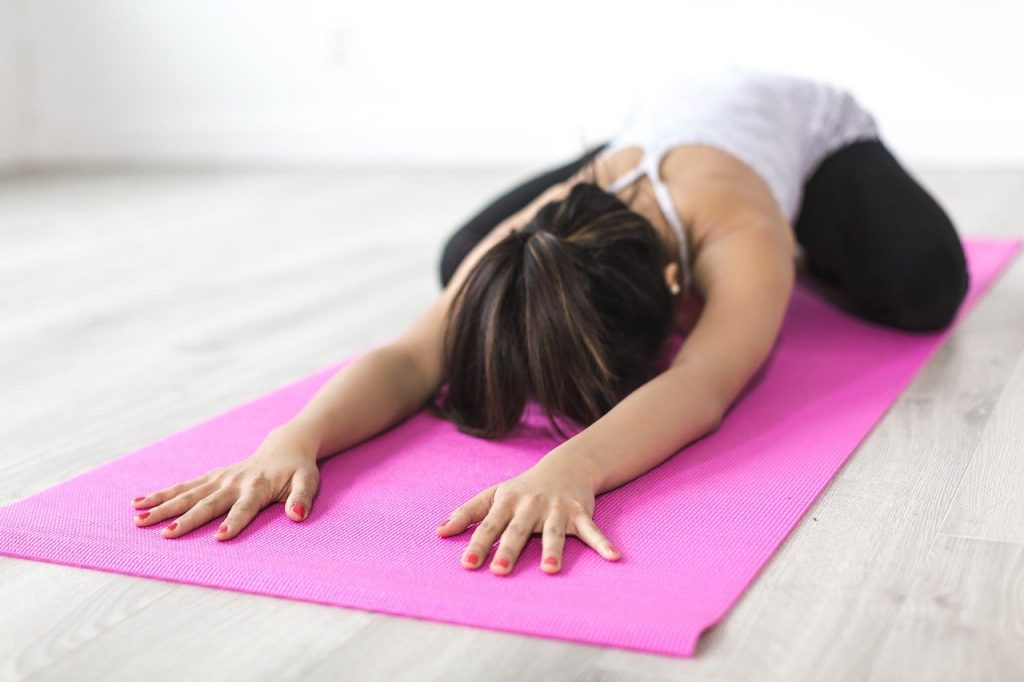Sleeping well is essential to stay in shape, to optimise physical and intellectual performance and to prevent stress. Find out how to take care of your sleep by developing simple habits such as prioritising regular sleep patterns and getting enough rest.
Why take care of your sleep?

During our lifetime, we spend about 1/3 of our time sleeping. However, due to environmental factors or changes in our lifestyle, the average time we sleep for has tended to decrease in recent years. Nonetheless, getting a good night’s sleep is essential to allow the body to recharge its batteries and relieve the tensions we might have experienced during the day. Sleeping well brings with it a number of benefits, both daily and in the long term:
- Increased attention and concentration spans.
- Reduced stress and improved nervous disposition.
- Augmented immune defences and the consequent prevention of various health disorders.
- Regulation of body temperature (during sleep the body’s temperature goes down).
- Putting the cardiovascular system into a restive state.
- Tissue regeneration: accelerating the healing processes from scarring.
Preventing the onset of any potential sleep disturbances and making a daily rest time a priority are the best ways to stay healthy and full of energy for as long a time as possible.
What habits should you adopt to improve the quality of your sleep?
Limiting these bad habits can help to improve the quality of sleep:

- Avoid long naps: If possible, get fewer than 30 minutes of sleep during the day to stay alert in order to continue your activities when you wake up. Nor should you delay bedtime. Likewise, late naps are not recommended: the ideal time to take a nap is after lunch. In the event of a sleepless night, do not take more than an hour and a half for a nap, which is the equivalent amount of time for a sleep cycle.
- As far as possible, limit the intake of stimulants such as coffee, alcohol, nicotine or certain medications after 4 pm in order to sleep well.
- Spending time in front of a screen before sleeping can adversely affect the quality of your sleep: to relax and have a good night’s sleep, turn off all screens (smartphone, tablet, computer and television) at least 30 minutes before bedtime.
By progressively taking up a sleep routine that takes into account all of the essential factors that will promote relaxation, while still respecting your chrono-biological rhythm, you will see rapid results and you will also wake up feeling more rested:
- Always go to bed and wake up at the same time: regularity is the key to restful sleep. Little by little, your biological clock will synchronise itself with the times of rest and wakefulness that you are trying to stick to. Consequently, you will fall asleep and wake up more easily!
- Creating a suitable environment is also important for sound sleep: reduce sources of noise and light, choose quality bedding and control the temperature in your bedroom, which should ideally be between 16 and 18° C.
- Taking part in physical activity like running during the day helps to get to sleep: expending energy improves the regularity of the circadian cycle, the mechanism involved for all biological processes that take place over 24 hours, such as the feeling of hunger, sleep, wakefulness, the regulation of body temperature and so on… Conversely, lack of sleep promotes the frequency of feeling of muscle stiffness and slows down recovery from aches and pains following exercise.
- Eating well is also important for a good night’s sleep: eat lightly, ideally long enough before going to bed so as not to disturb the period of falling asleep.
How much sleep do you need to enjoy a full period of recovery?

According to a survey conducted in 2020, 28% of active adults sleep less than 6 hours per night. However, since we are all unequal when it comes to sleep, researchers have conducted studies to determine the ideal duration of sleep according to each age group:
- 14 to 17 hours of sleep per day for newborns up to 6 months.
- 13 to 14 hours of sleep per day between 6 months and 1 year.
- 12 to 13 hours of sleep per day between 1 and 3 years old.
- 10 to 13 hours of sleep per day between 3 and 5 years old.
- 9 to 11 hours of sleep per day for up to 13 years.
- 8 to 10 hours of sleep per day for adolescents.
- 7 to 9 hours of sleep per day for adults.
- 7 to 8 hours of sleep per day for older people aged over 65.
Getting enough sleep in a calm environment that is conducive to rest is more important than ever to stay healthy. Coupled with a healthy diet and regular physical activity, sleep is your best ally to fully enjoy the time you spend with your loved ones or to carry out the activities you are passionate about. Are you ready to incorporate good sleeping habits into your fitness goals?
Check out our Health & Fitness page for more advice.
